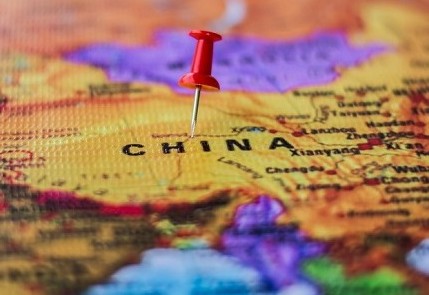London – Factory activity in China fell at a record rate in February, as manufacturers closed their operations to contain the spread of coronavirus.
The country’s official measure of manufacturing activity – the Purchasing Manager’s Index (PMI) – dropped to 35.7 from 50 in January.
It shows the virus is having a bigger impact than the financial crisis that shook the world last decade.
The data also suggests that factories are struggling to find enough workers.
PMI figures – calculated with data from monthly surveys of private sector companies – are a key indicator of a county’s economic health, and can move financial markets.
China makes up a third of world manufacturing and is the world’s largest exporter, so this PMI drop – well below analysts’ expectations – will have a knock-on effect on other countries.
Restrictions in place in the so-called “factory of the world” have also affected companies such as Apple, Diageo, Jaguar Land Rover and Volkswagen, which rely on China’s production and consumer market.
The big question now is how quickly factories can return to normal.
Many are dependent on China’s 300 million migrant workers, a third of whom are still not working because of quarantine rules.
According to Bloomberg Economics, Chinese factories were operating at 60% to 70% of capacity this week.
It is expected that China’s economic growth will take a significant hit in the first half of this year because of the impact coronavirus has had on business and spending in the country.
Stock markets around the world fell dramatically this week after a surge in the number of companies warning about the impact of the outbreak on firms.
There was one silver lining to the fall in Chinese output though: Nasa said pollution monitoring satellites had detected significant decreases in nitrogen dioxide over the country, which evidence suggests is “at least partly” related to the economic slowdown caused by the outbreak. (BBC)

